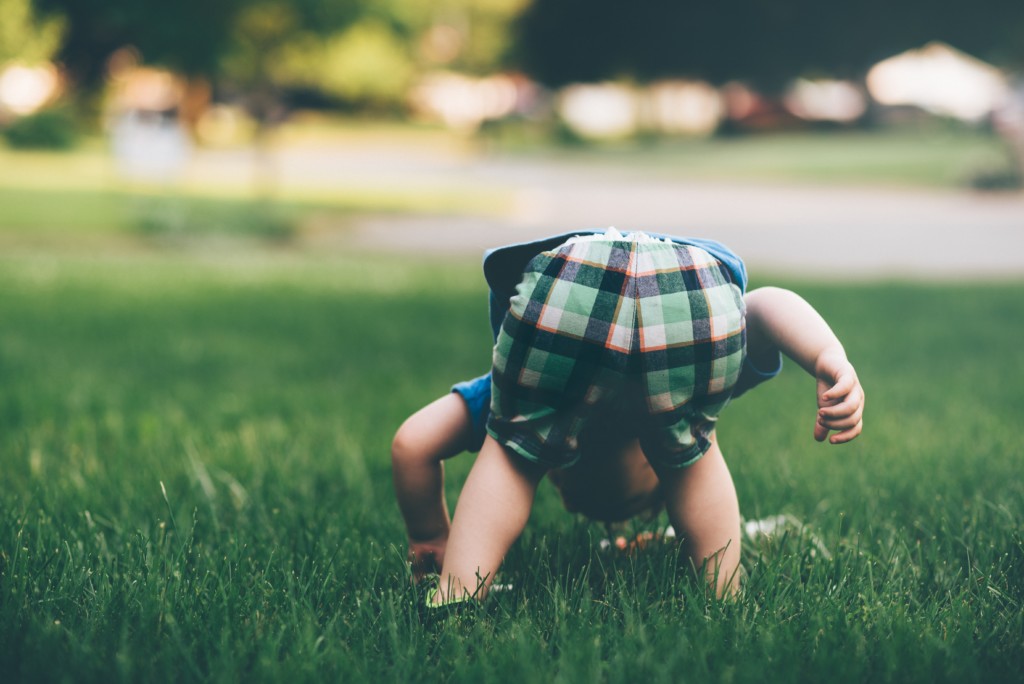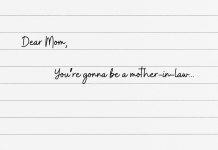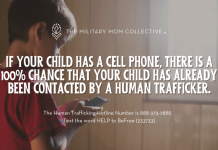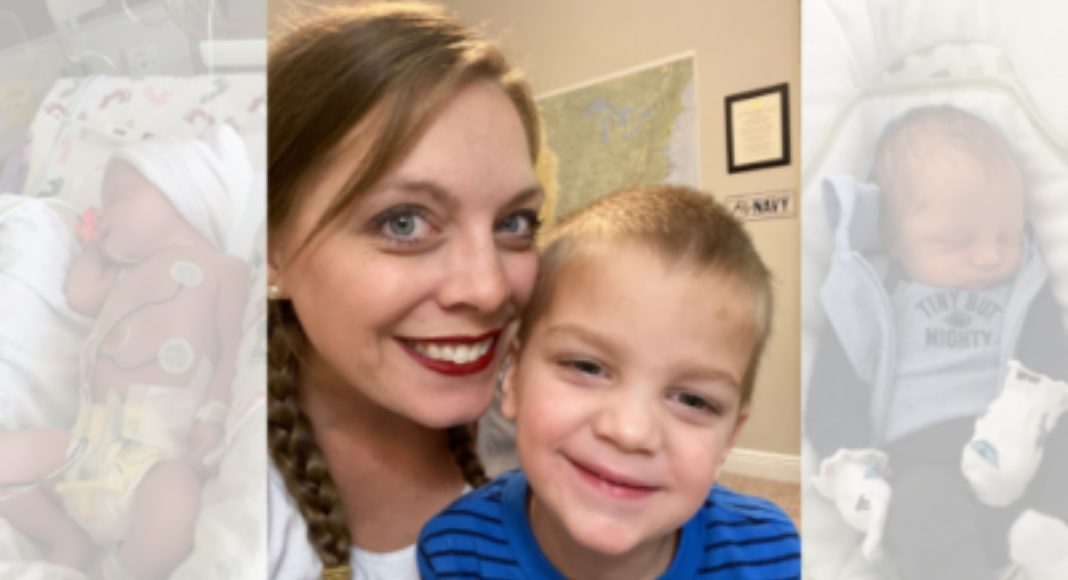
When we finally got our first kid sleeping through the night, we basically felt like parenting experts. We had read books together and followed them religiously. And it had worked. The night before we implemented The Plan, she woke up 8 times and ate twice. A little over a week later, we kissed her goodnight at 7pm and she slept 12 hours.
We were cautiously optimistic at first, then, after a week or so, moved on to boldly congratulating one another on being masters of the universe.
Being the benevolent spirits we are, we were quick to share our success with everyone we knew. We became evangelical about this sleep training method, convinced the results would be completely reproducible in every situation. Extra copies of The Book were kept on our shelves and shoved into the unwitting hands of exhausted, new-parent friends with a knowing smile. “It worked for us. It’ll work for you too.”
We approached the birth of our second child with much less trepidation than that of our first. We were pros. This had all been done before. We had methods, experience, a formula. We could do this.
Then it all blew up in our faces.
Our son—it would appear—was impervious to sleep training. None of our methods were remotely effective. His will simply would not be bent. Night after night, we would lay in bed and listen to his screaming on the monitor, halfheartedly brainstorming ideas for how to make it stop, fully aware of the futility of our situation. Day after day, we went through the motions of our daily lives, merely existing in an exhausted fog.
It takes less than a week of parenting to make you aware of how intricately entwined one’s quality of life is with the quantity of uninterrupted sleep one is able to secure.
Eventually, things worked themselves out. Two working parents makes training babies to sleep through the night a major priority. Necessity is the mother of invention, after all. What had worked for our daughter didn’t work for our son, but we figured out what worked for him, readjusted our expectations, and settled into a new normal.
Shortly after the birth of our son, our daughter became what they call a Threenager. We had heard of this phenomenon, but were (quite foolishly) convinced we would never be afflicted by it. This is to say that we were grossly unprepared, having heeded precisely none of the unsolicited advice we had received on the matter.
Seemingly overnight, our sweet, reasonable, relatively compliant toddler (Bless.) had been transformed into a moody, defiant, disrespectful creature that more resembled a troll than the precious girl I had birthed.
Again, we reached for books, desperate to remedy our unfortunate situation. We solicited advice from friends and strangers alike. We beat our chests in lament. Most of all, we just missed our girl. Give it time, they said. This too shall pass. So helpful. It’s just a phase. Oooookay.
Then one day, irrespective of any action or inaction on our parts, it seemed the worst of it had passed. Just … like … everyone had said. Our girl was back. We had weathered the storm, gained some insight, and came out on the other side a little more grateful and a lot more humble.
Looking back, it now seems incredibly foolish and embarrassingly ridiculous that we could have believed we were experts at anything after only doing it for six months.
One could argue that, though we may not be expert parents, we were experts in our kid. But even that rings hollow when you think about how rapidly children transition from one phase to the next. We’re still discovering who our children are as they come into themselves. This shouldn’t be surprising; we’re still coming into ourselves, too. Self-discovery is a lifelong process. Or at least it should be.
We’ve since weathered all sorts of humbling experiences: public restroom potty training fiascoes; inappropriate grocery store checkout line questions about various unsuspecting patrons’ genitalia or lack thereof; all manner of bodily fluid leakage and/or projection onto other unfortunate human beings; and tantrums of epic proportions, always guaranteed to make a public spectacle of your glaring inadequacies as a parent.
I would like to take this opportunity to formally take back any judgments I may have passed—whether out loud or under my breath—on a fellow mother in the struggle. In my vast 3.5 years of experience, the one thing I have learned about parenthood is that we’re all just doing the very best we can. Some days your best looks like matching outfits, combed hair, sophisticated palates and good manners. Other days you find yourself crying in the closet over actual spilled milk and wondering how this is what your life has become.
After doing it for a brief little while, I can say that the only thing I know for sure about good parenting is that it is characterized by big, relentless love. We do everything we do out of an intense desire to give our kids the best we can.
We do our best to shape these tiny humans, who are very much their own little people. Some days our hearts swell with pride, other days we swallow our pride. But we keep showing up.











